The Ultimate Guide to Hotel Visibility: Why Your Property Needs a Game-Changing Strategy Now
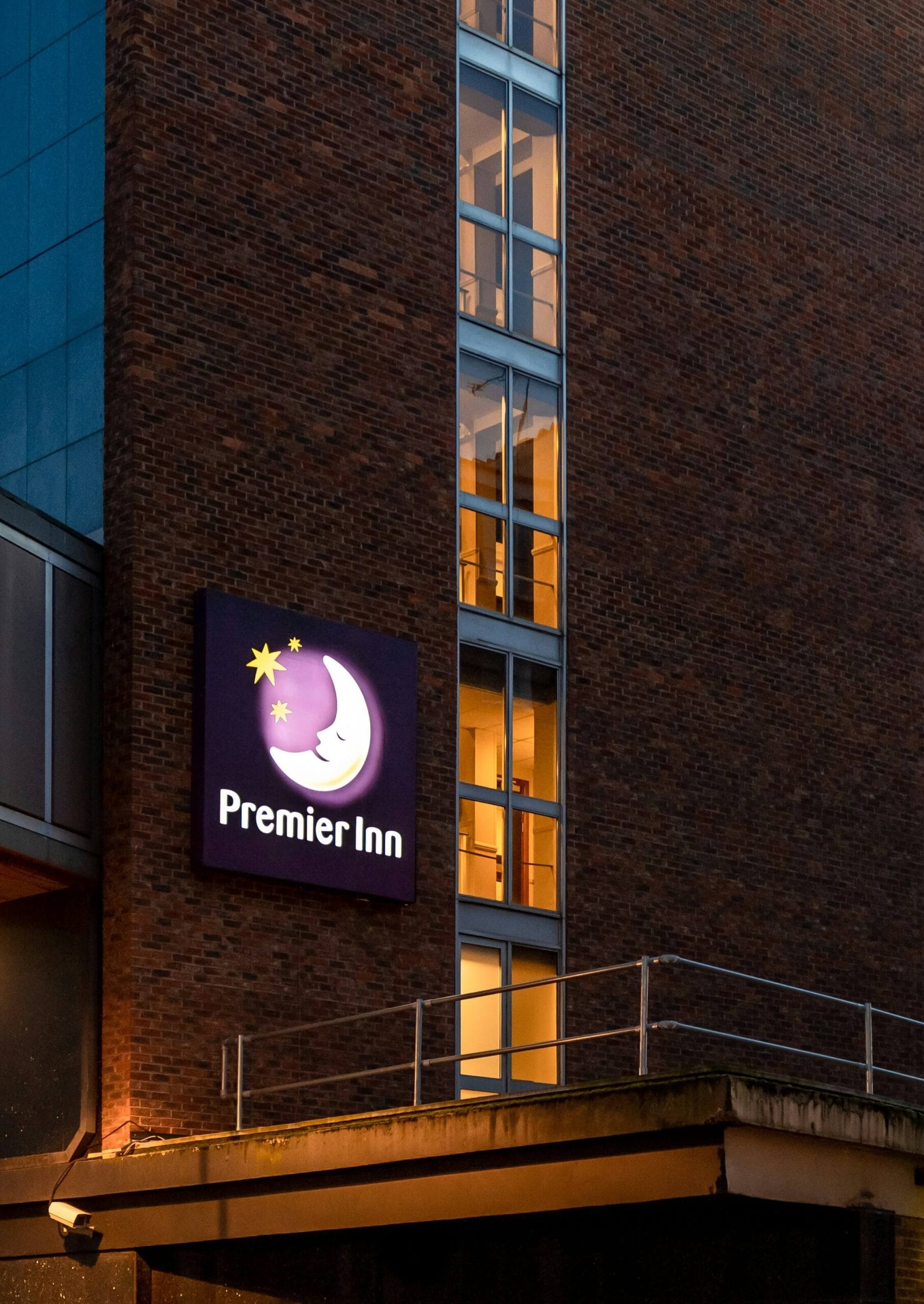
Picture this: a traveler pulls out their phone at 11 PM, frantically searching for accommodations after their flight got delayed. They might be looking for something reliable like Premier Inn or exploring unique options like Warner Hotels. Where does your property appear in those results? If you're not showing up in the first few listings, you're essentially invisible to potential guests who are ready to book right now.

The hospitality industry has never been more competitive. Whether you're running a boutique property like the Crazy Bear Hotel in the Cotswolds or managing operations at Clayton Hotel Manchester Airport, standing out requires more than just exceptional service and comfortable beds. It demands a strategic approach to online visibility that captures travelers at every stage of their journey.
Here's what most hotel owners don't realize: strong online presence converts searches into steady traffic, direct bookings, and dramatically reduces your reliance on expensive third-party platforms. But there's something bigger happening in the digital landscape right now. With travelers increasingly using smart booking systems and platforms like Jet2 Manage My Booking, the game is changing faster than most properties can adapt.
This isn't just about showing up on Google anymore. It's about being the definitive source of information for both human travelers and the AI systems that increasingly influence booking decisions. Throughout this guide, you'll discover how to conquer high competition, improve your online visibility, enhance guest experiences, and build lasting digital authority that keeps your rooms booked year-round.
Explore More Travel InsightsUnderstanding What Guests Really Want: The Foundation of Strategic Visibility

Let's start with something that might surprise you: most hotel marketing completely misses the mark because it doesn't understand what potential guests are actually searching for. There's a massive difference between someone typing "hotels near London" and someone searching for "boutique hotel near Hyde Park with spa facilities like Hotel Apex Waterloo Place."
The first person? They're just browsing. The second person is practically waving money at their screen, ready to book tonight.
When travelers search with specific intent—looking for Premier Inn reliability or comparing Warner Hotels with local alternatives—they're in decision mode. These are your golden opportunities. Smart properties capitalize on this by understanding the psychology behind different search patterns, whether someone needs to manage existing bookings through systems like Jet2 Manage My Booking or they're planning an entirely new adventure.
Think about your own travel experiences. When you're planning a romantic getaway, don't you search for specific amenities? You might look for something as unique as "book in the jungle" accommodation or seek luxury like the Datai Hotel Pulau Langkawi. These detailed searches represent travelers who know exactly what they want and are willing to pay for it.
The most successful hotels I've encountered have mastered the art of aligning their online presence with these specific guest intentions. Take Hotel Carden in Birmingham or the sophisticated Hotel Apex Waterloo in London—they don't just list amenities, they speak directly to the desires and concerns of their ideal guests.
Consider seasonal patterns too. Someone searching "Christmas hotels in Yorkshire" in November has completely different needs than someone looking for "summer family resort" in February. Properties like Moor Hall Hotel excel at capturing these seasonal searches by creating content that speaks to specific travel moments.
Your property's unique selling points should drive this entire strategy. What makes you special? Is it your proximity to major attractions like The Village Hotel properties? Your award-winning restaurant? Historic charm like Hotel De Vere Tortworth? These distinctive features become the foundation for capturing the right kind of search traffic.
Creating an Online Presence That Commands Attention

Your website is your digital front desk, and first impressions happen in milliseconds. When someone discovers your property through search—whether they're comparing options with Premier Inn or exploring boutique alternatives to Warner Hotels—every element needs to work together seamlessly to move them from curious browser to confirmed guest.
Page titles and descriptions act as your property's elevator pitch in search results. Instead of generic phrases like "Hotel in London," successful properties use compelling, location-specific titles. "Boutique Luxury Near Hyde Park" or "Historic Charm in Covent Garden" immediately communicate value and location, much like how London Chancery Court Hotel positions itself in the legal district.
The magic happens in how you structure your information. Think about how guests actually navigate your site. They want to see rooms, check availability, understand location, and feel confident about their choice. Your content hierarchy should mirror this natural flow, guiding visitors effortlessly toward smart booking solutions.
Here's something many properties overlook: your URLs matter more than you think. Clean, descriptive web addresses like "/luxury-suites-london" or "/spa-packages-cotswolds" help both search engines and guests understand what they'll find on each page. This principle works whether you're promoting amenities at Hotel Blackpool Hotel or showcasing the mountain views at Slieve Donard Hotel.
Visual content deserves special attention because hotels are inherently visual businesses. Those stunning photos of your Clayton Hotel Manchester Airport location or the elegant interiors of properties like Hotel Apex Waterloo need more than just artistic merit—they need strategic naming and descriptions that search engines can understand and index.
Video content has become increasingly powerful for hotels. Virtual tours, chef interviews, local area highlights—these elements keep visitors engaged longer and provide multiple touchpoints for discovery. When someone spends more time exploring your content, it signals quality and relevance to search algorithms.
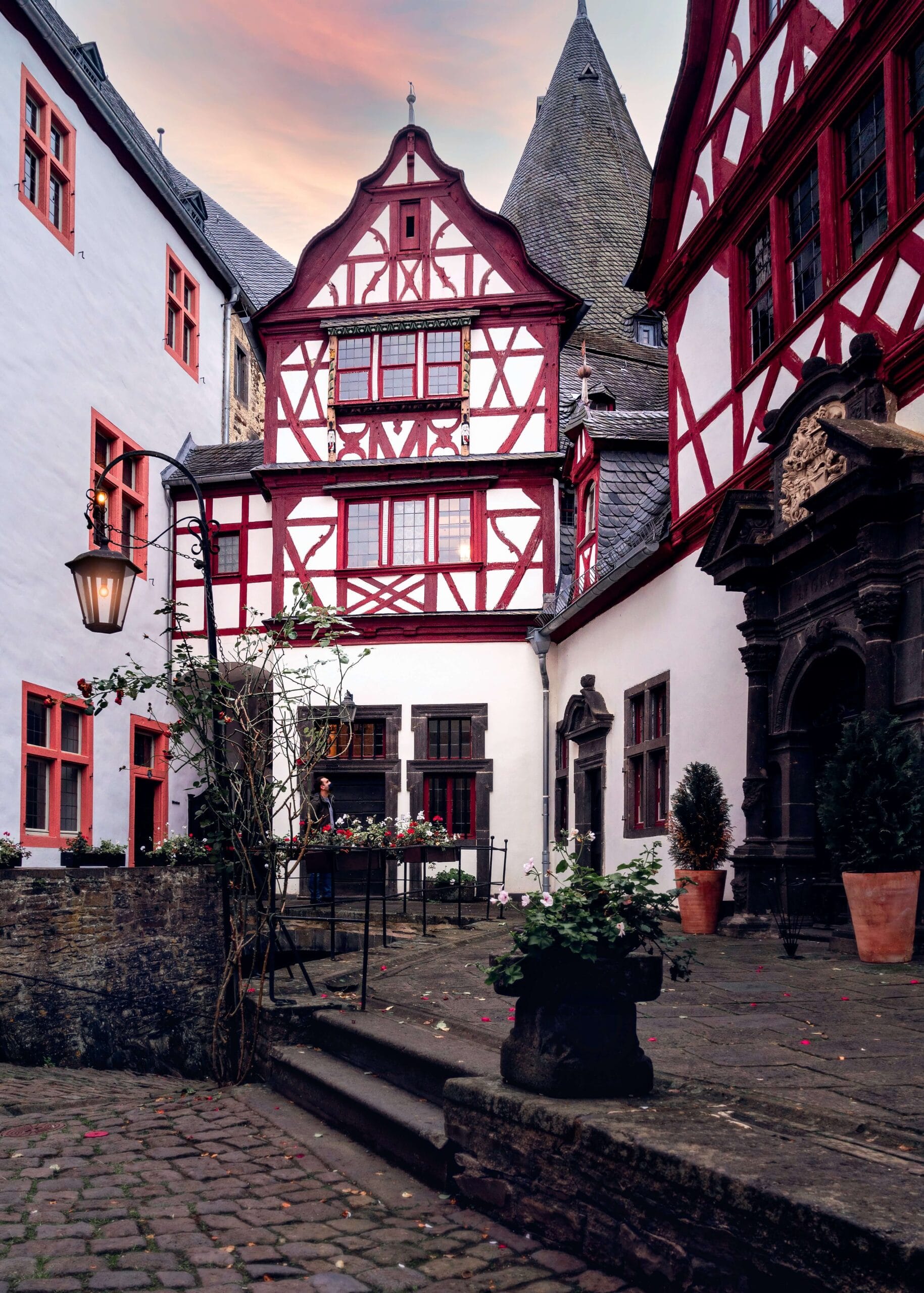
The technical foundation supporting all this needs to be rock-solid. Page speed isn't just about user experience anymore—it's a ranking factor. When travelers are comparing hotels on their phones during a layover, waiting five seconds for a page to load might as well be five minutes. They'll move on to competitors faster than you can say "smart booking."
Mobile optimization isn't optional in today's travel landscape. Most hotel bookings now happen on smartphones, often during the travel process itself. Your mobile experience needs to be flawless, from initial discovery through final confirmation, whether guests are booking directly or managing reservations through platforms like Jet2 Manage My Booking.
Dominating Local Search: Capturing Nearby Travelers
Local visibility can make or break a hotel's success. When someone searches "hotel near me" or "best hotel in Belfast," you want to be prominently featured in those Map Pack results that appear at the top of the page, competing effectively with established brands like Premier Inn.
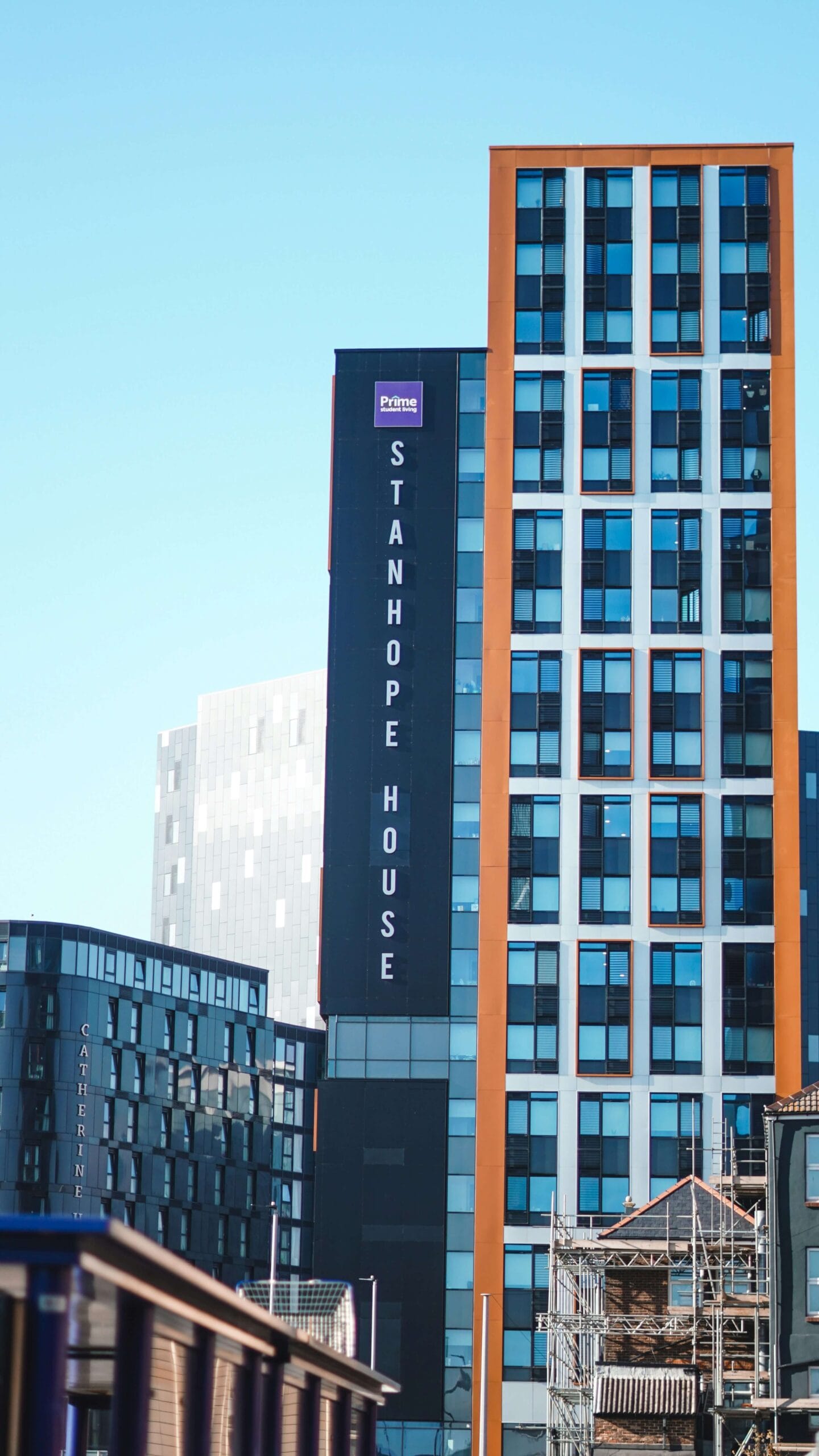
Your Google Business Profile is your most powerful tool for local discovery. This free platform allows you to control how your property appears in local searches, complete with photos, reviews, contact information, and even direct booking links. Hotels like The Village Hotel succeed because they maximize every feature available, creating comprehensive profiles that rival larger chains.
Consistency across online listings builds trust with search engines. Your hotel's name, address, and phone number should be identical everywhere they appear—from your website to travel directories to social media profiles. Even small variations can confuse search engines and dilute your local authority, whether you're operating an independent boutique like Crazy Bear Hotel or part of a larger group like Warner Hotels.
Reviews play a crucial role in local visibility. Properties like the Datai Hotel Pulau Langkawi maintain strong local presence partly through consistent, high-quality guest feedback. Encouraging satisfied guests to share their experiences, then responding professionally to all reviews, demonstrates active management and builds confidence with potential bookers.
Creating location-specific content helps establish geographic relevance. Blog posts about local attractions, seasonal events, or area guides not only serve your guests but also signal to search engines that you're genuinely connected to your location. A hotel like Armagh City Hotel should be creating content about Northern Ireland's cultural attractions, while properties in Turkey might focus on comprehensive guides to Antalya hotels and regional highlights.
Partnerships with local businesses can amplify your local presence. Collaborating with nearby restaurants, entertainment venues, or service providers creates mutual referral opportunities and often results in valuable online mentions and links. This strategy works whether you're positioned like Hotel De Vere Tortworth in the countryside or London Chancery Court Hotel in the urban legal district.
Building Authority and Trust Beyond Your Website
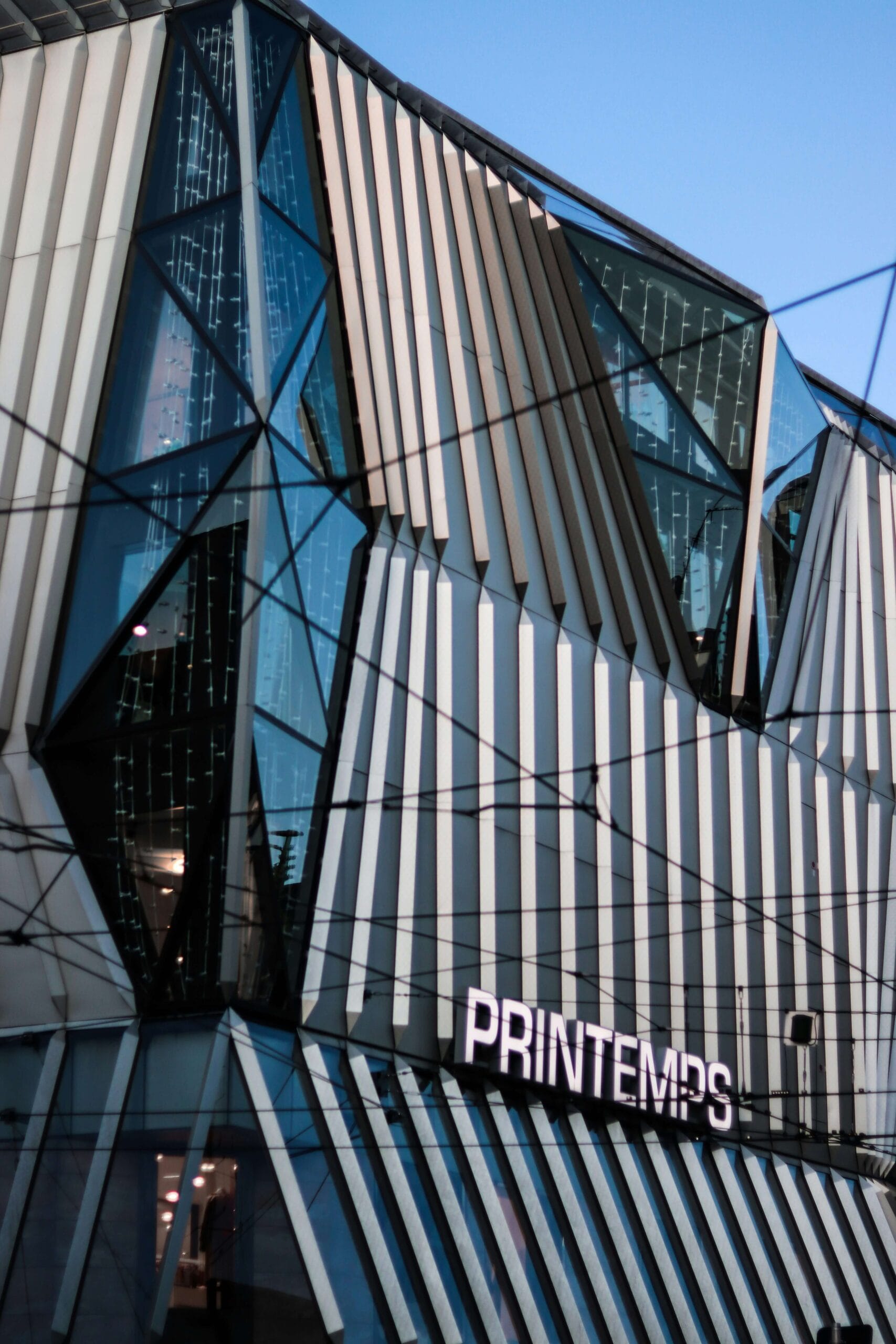
Your website is just the beginning of your online presence. The most successful hotel properties build authority through strategic relationships and valuable content across multiple platforms, competing effectively with giants like Premier Inn and Warner Hotels through specialized positioning.
High-quality backlinks from reputable sources act as votes of confidence for your property. When respected travel blogs, local tourism boards, or industry publications mention your hotel, it strengthens your overall online authority. The key is earning these mentions through genuine value, not just asking for them.
Guest posting on relevant travel and hospitality websites allows you to share expertise while introducing your property to new audiences. Writing about local travel tips, hosting insights, or industry trends establishes you as a knowledgeable voice while naturally connecting back to your hotel. Properties like Hotel Carden have built strong reputations through thought leadership in their local markets.
Social media presence, while not directly impacting search rankings, significantly influences booking decisions. Platforms like Instagram and Facebook allow you to showcase your property's personality, share guest experiences, and engage with potential visitors. Properties like Hotel Blackpool Hotel have built strong followings by consistently sharing compelling visual content and engaging with their community.
Influencer collaborations can extend your reach dramatically. Working with travel bloggers and social media personalities who align with your brand values can introduce your property to thousands of potential guests who trust these influencers' recommendations. This approach works particularly well for unique properties that offer experiences you might "book in the jungle" or other distinctive settings.
Media coverage through press releases, unique events, or newsworthy developments creates valuable exposure and often results in high-authority website mentions. Whether it's announcing a renovation at Hotel Apex Waterloo, launching a new service, or hosting a special event, strategic media outreach builds credibility.
Monitoring your online reputation across all platforms ensures you can respond quickly to both praise and concerns. Tools exist to track mentions of your property across the web, allowing you to engage with conversations about your brand wherever they happen, from direct bookings to management through systems like Jet2 Manage My Booking.
Content That Inspires Bookings and Builds Connections
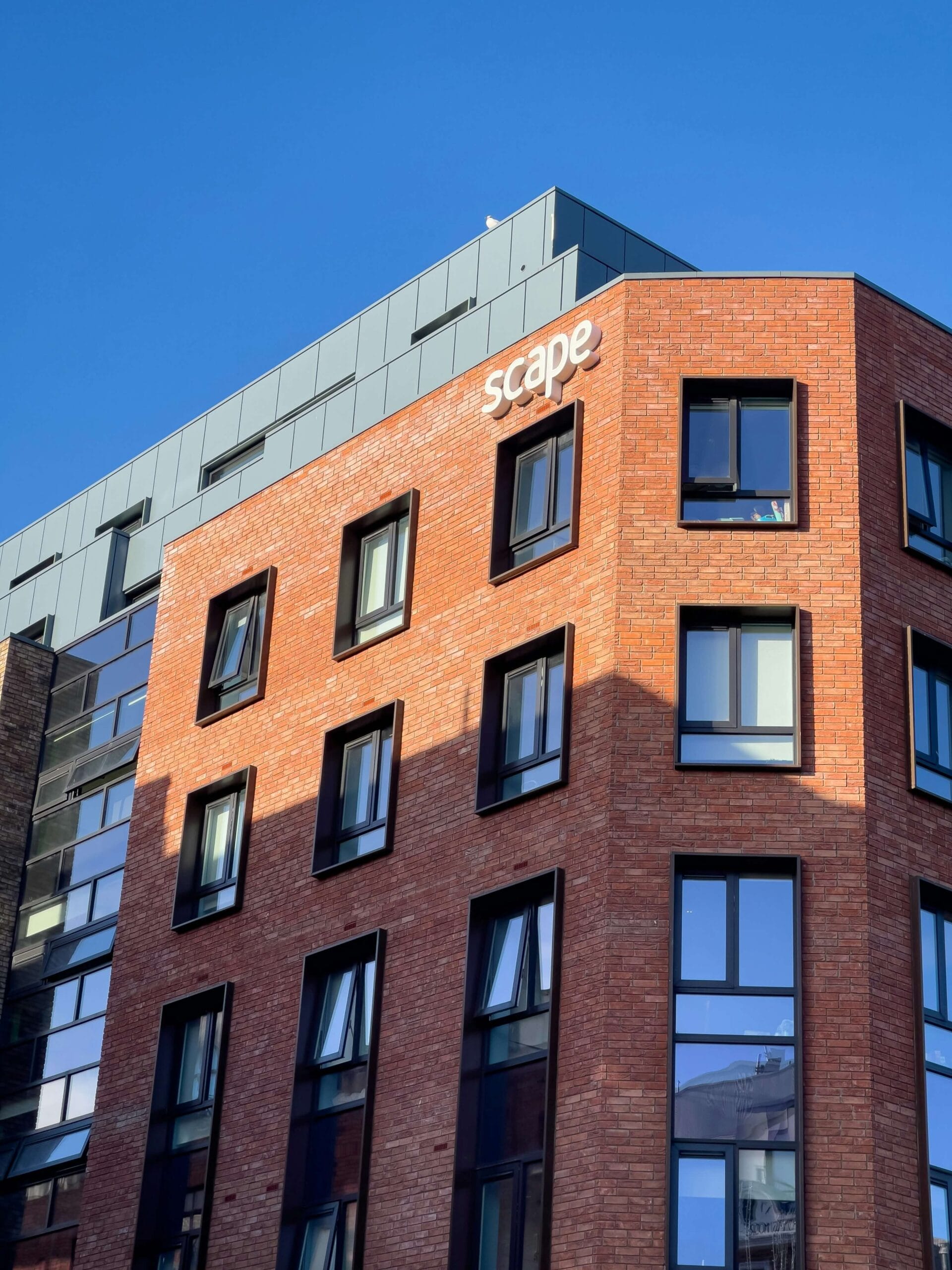
Content marketing for hotels goes far beyond basic property descriptions. The most successful properties create valuable resources that help travelers plan their entire experience, positioning the hotel as an integral part of their journey, whether competing with Premier Inn's efficiency or Warner Hotels' family focus.
Travel guides and itineraries that incorporate your location naturally attract travelers in the planning stages. When someone searches "weekend itinerary for the Lake District" and finds your comprehensive guide that mentions staying at a property like Slieve Donard Hotel, you've captured them during the inspiration phase of their journey.
Addressing common traveler concerns through detailed content builds confidence and reduces booking friction. Questions about parking, pet policies, accessibility features, or local transportation should all be addressed thoroughly on your website. This information often becomes the deciding factor between properties, especially when travelers are comparing options through smart booking platforms.
Seasonal content captures timely searches and demonstrates that your property is actively managed. Holiday packages, summer specials, or winter activities show that you're thinking about guest experiences throughout the year. Hotels like Moor Hall Hotel excel at creating seasonal appeal through targeted content that competes effectively with larger chains.
Discover More Amazing Destinations
User-generated content from satisfied guests provides authentic testimonials while giving you fresh content to share. Encouraging guests to use specific hashtags or tag your property in their social media posts creates a stream of genuine endorsements that rival any professional marketing campaign.
Behind-the-scenes content humanizes your property and builds emotional connections. Stories about your staff, local partnerships, or property history help potential guests feel connected before they even arrive. This emotional engagement often proves more powerful than feature lists alone, whether you're showcasing the quirky charm of Crazy Bear Hotel or the professional efficiency of Clayton Hotel Manchester Airport.
Event coverage and local insights position your hotel as the local expert. Whether it's coverage of nearby festivals, restaurant openings, or seasonal attractions, demonstrating local knowledge builds trust and provides value to potential guests researching the area. Properties in destinations like Turkey can leverage this by creating comprehensive guides to Antalya hotels and regional attractions.
Technical Excellence: The Invisible Foundation of Success
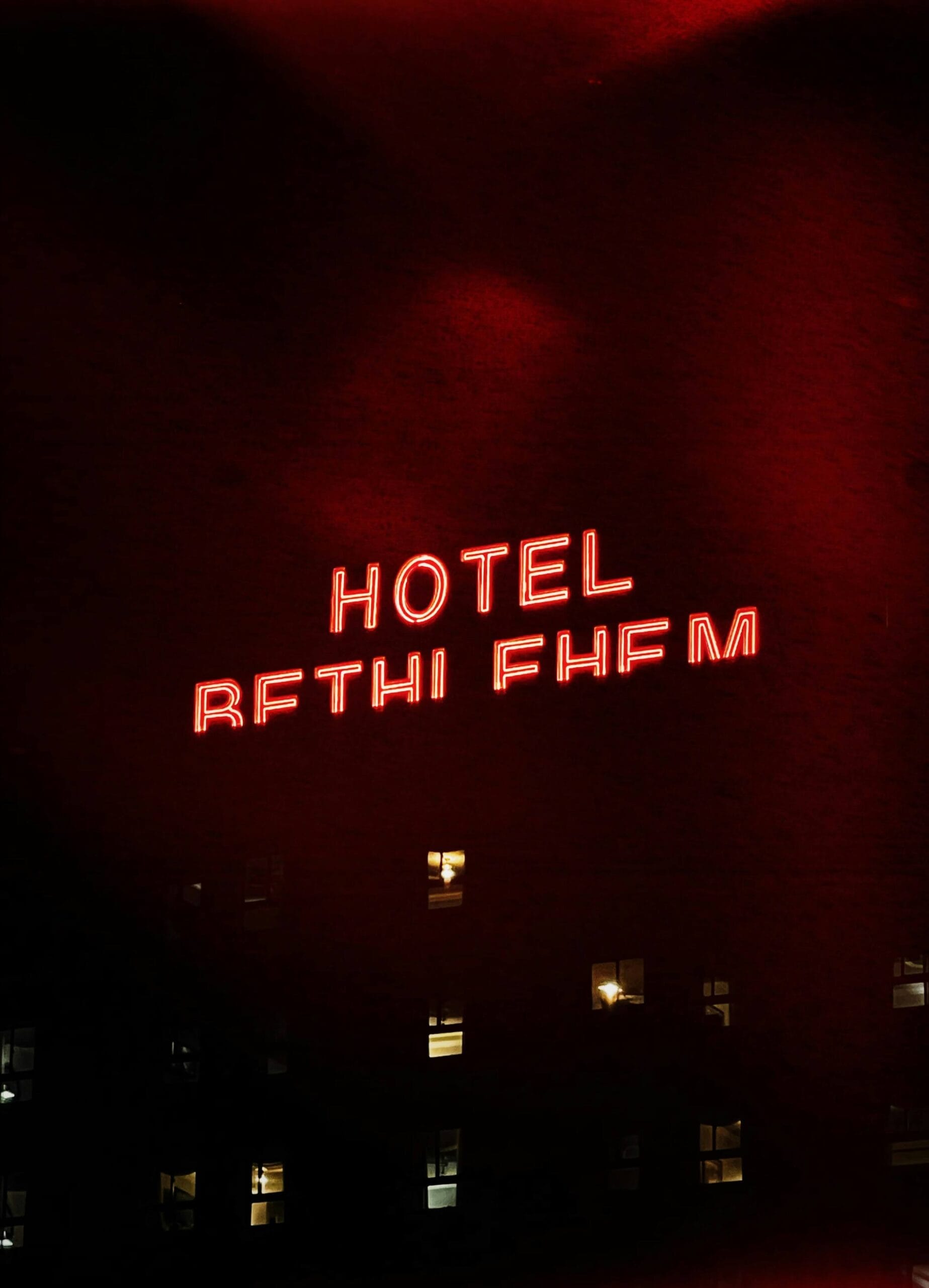
The technical aspects of your website might not be visible to guests, but they're critical for search engine success and user experience. Think of technical optimization as the foundation that supports everything else you're building, whether you're competing with Premier Inn's reliability or Warner Hotels' comprehensive offerings.
Website speed affects everything from search rankings to booking conversions. When travelers are comparing multiple hotels—perhaps weighing options between Hotel Apex Waterloo Place and independent alternatives—the property with the fastest-loading website often wins simply because it provides a better experience. Core Web Vitals have become crucial ranking factors that can't be ignored.
Mobile-first design isn't just recommended anymore—it's essential. Search engines now primarily use the mobile version of your website to determine rankings. Given that most hotel research and booking happens on mobile devices, this makes perfect sense. Your mobile experience needs to be flawless, from initial browsing through final booking confirmation, whether guests are using your direct booking system or managing reservations through platforms like Jet2 Manage My Booking.
Site structure and navigation should guide users naturally toward booking while making all information easily discoverable. Clear menu structures, logical page hierarchies, and internal linking between related pages help both users and search engines understand your content organization. This principle applies whether you're running a city center property like London Chancery Court Hotel or a destination resort.
Security through HTTPS encryption isn't optional for any business handling customer information, especially hotels that process bookings and payments. Beyond the security benefits, encrypted sites receive preference in search rankings and build trust with increasingly security-conscious travelers.
Regular maintenance prevents technical issues from undermining your visibility. Broken links, outdated content, missing images, and crawling errors can all negatively impact your search performance. Properties like The Village Hotel maintain their online presence through consistent technical upkeep and monitoring.
Structured data markup helps search engines understand your content more clearly, potentially resulting in enhanced search result displays. For hotels, this might include pricing information, availability, ratings, or special offers appearing directly in search results, giving you competitive advantages over properties that haven't implemented these features.
Preparing for the AI-Powered Future of Search
The search landscape is evolving rapidly with the integration of artificial intelligence into search engines. Properties that prepare for this shift now will have significant advantages as AI becomes more prevalent in travel planning and smart booking processes.
AI systems prioritize clear, authoritative, and comprehensive information. Your content needs to be structured in ways that AI can easily understand and summarize. This means using clear headings, providing direct answers to common questions, and organizing information logically—principles that benefit both AI understanding and human users exploring alternatives to mainstream chains like Premier Inn or Warner Hotels.
Comprehensive coverage of topics builds authority that AI systems recognize and value. Instead of surface-level descriptions, successful properties provide deep, detailed information about their offerings, location, and guest experience. This thoroughness helps AI systems understand exactly what your property offers and when to recommend it over competitors.
Brand reputation and trust signals become even more important in an AI-driven world. Consistent positive reviews, strong backlink profiles, and active online presence all contribute to the trust signals that AI systems use to evaluate businesses. Properties like Hotel De Vere Tortworth or Slieve Donard Hotel benefit from their established reputations and consistent online presence.
Structured data becomes crucial for AI comprehension. Schema markup that clearly identifies your property type, services, location, and other key attributes helps AI systems categorize and recommend your hotel accurately, whether someone's looking for airport convenience like Clayton Hotel Manchester Airport or luxury experiences like the Datai Hotel Pulau Langkawi.
Direct, unambiguous information presentation makes it easier for AI to extract and use your content. Key details like room types, amenities, prices, and policies should be stated clearly and consistently throughout your website, supporting both traditional search visibility and emerging smart booking technologies.
The Path Forward: Integration and Growth
Success in today's hospitality landscape requires more than just great service and comfortable rooms. It demands a comprehensive approach to online visibility that captures travelers at every stage of their journey while building the authority and trust that drives direct bookings.
The properties that thrive understand that online visibility isn't about gaming search engines—it's about genuinely serving travelers better than competitors do. Whether someone is searching for Premier Inn alternatives or looking for unique experiences like "book in the jungle" accommodation, the hotels that provide the most helpful, comprehensive, and trustworthy information win the business.
Smart booking systems that integrate seamlessly with your visibility strategy create frictionless experiences that convert browsers into guests. When someone discovers your property through search and finds exactly what they need presented clearly and compellingly, booking becomes the natural next step.
This integrated approach—combining strategic content, technical excellence, local optimization, and forward-thinking AI preparation—creates sustainable competitive advantages. While your competitors focus on individual tactics, you're building a comprehensive system that works across all digital touchpoints.
Consider the success of diverse properties: Hotel De Vere Tortworth leverages its historic setting, Slieve Donard Hotel emphasizes its stunning coastal location, Armagh City Hotel positions itself as the gateway to Northern Ireland's cultural heart, and international properties like those in Antalya hotels market showcase regional attractions alongside accommodation quality.
The hospitality industry will continue evolving, but properties that master these fundamentals while staying adaptable to new technologies will consistently outperform those that rely solely on traditional marketing methods or third-party platforms. Whether you're managing a single boutique property like Crazy Bear Hotel or overseeing multiple locations, these principles scale effectively.
Your guests are searching for you right now. The question isn't whether they'll find a hotel—it's whether they'll find yours. Someone might be comparing Warner Hotels with local alternatives, looking for airport convenience like Clayton Hotel Manchester Airport, or seeking luxury experiences like Hotel Apex Waterloo. The strategies outlined here provide the roadmap, but implementation requires commitment and consistency.
Remember, this isn't about perfection from day one. It's about progress, measurement, and continuous improvement. The hotels that embrace this mindset and put guests' needs at the center of their digital strategy will not only survive the current competitive landscape but thrive in whatever comes next.
Your property deserves to be discovered by the travelers who will love it most. Whether they're managing existing bookings through platforms like Jet2 Manage My Booking or exploring new destinations with smart booking technology, the tools and strategies exist to make sure they find you. Now it's time to put them to work.
